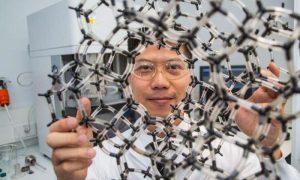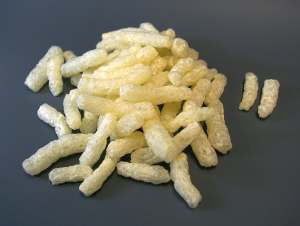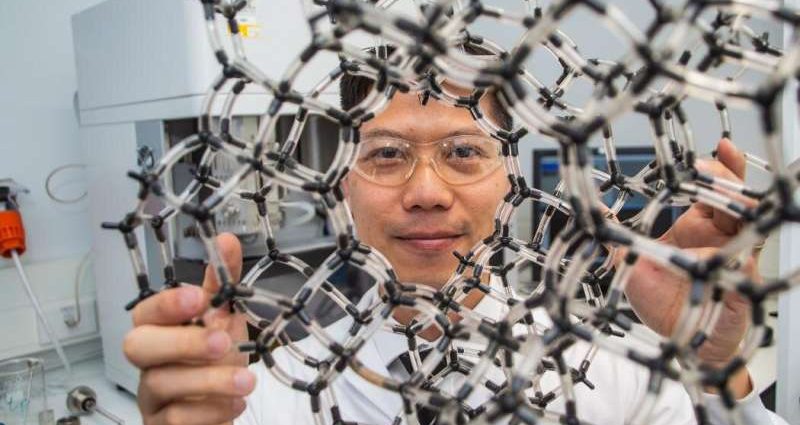
It has been said that two wrongs don’t make a right, but in the lab of Dr. Alex Yip at the University of Canterbury, New Zealand, it might be possible that two problems can cancel each other out. Food waste is just one of the many challenges that the entire world currently faces. Excessive use of plastic, especially single-use, occupies a whole other level of waste and environmental threat. However, the two may be more connected than previously thought, and could hold their own solutions.
Dr. Yip in the university’s Department of Chemical and Process Engineering is currently leading a collaboration with the Hong Kong Polytechnic University expounding on this connection. The topic: food waste conversion to the chemical building blocks of bioplastics. Three essential chemical components, if viably derivable from food waste, could be used as new raw materials for such products as plastic bags, cups and beyond.

Food waste-based bioplastics have been found to present a whole new world of possibilities in clean, waste-free manufacturing. If a financially viable system of production is developed, food waste would have new value and non-biodegradable plastic waste could be decreased significantly.
New Zealand has a reputation for being a highly environmentally conscious nation, and always in the top tier of global “green living” lists. Dr. Yip has his country in mind while conducting his research, hoping, according to this Phys.org article to “add value to that waste by converting it into something useful while at the same time responding to another environmental problem in Aotearoa, New Zealand, which is the plastic waste problem.”
If successful, broad consumer-centric production will follow. A future of fully biodegradable or recyclable plastic could be very near at hand. See here for the full article on the work Dr. Yip and his team are accomplishing.
Written by Heather Merrifield

